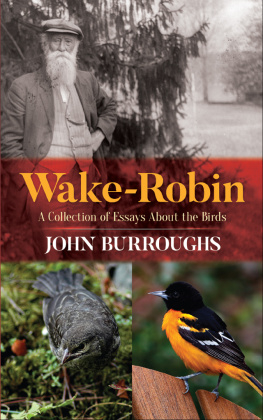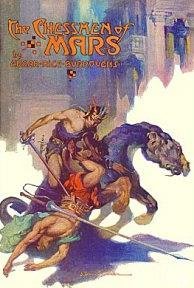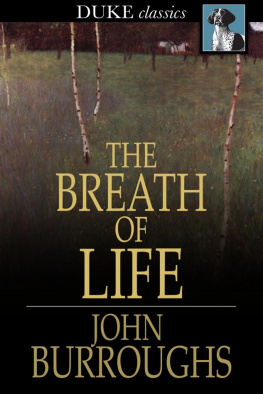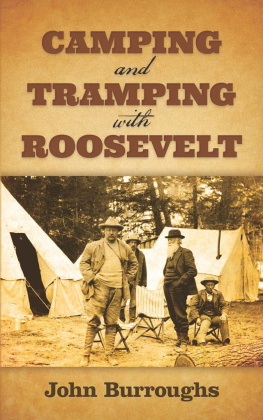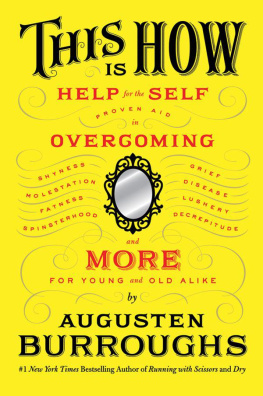WINTER SUNSHINE
THE WRITINGS OF JOHN BURROUGHS
This edited version, including layout, typography, additions to text, cover artwork and other unique factors is copyright 2012 Andrews UK Limited
This book is sold subject to the condition that it shall not, by way of trade or otherwise, be lent, resold, hired out or otherwise circulated without the publishers prior written consent in any form of binding or cover other than that in which it is published, and without a similar condition being imposed on the subsequent purchaser.
PREFATORY
The only part of my book I wish to preface is the last part, - the foreign sketches, - and it is not much matter about these, since if they do not contain their own proof, I shall not attempt to supply it here.
I have been told that De Lolme, who wrote a notable book on the English Constitution, said that after he had been in England a few weeks, he fully made up his mind to write a book on that country; after he had lived there a year, he still thought of writing a book, but was not so certain about it, but that after a residence of ten years he abandoned his first design altogether. Instead of furnishing an argument against writing out one's first impressions of a country, I think the experience of the Frenchman shows the importance of doing it at once. The sensations of the first day are what we want, - the first flush of the traveler's thought and feeling, before his perception and sensibilities become cloyed or blunted, or before he in any way becomes a part of that which he would observe and describe. Then the American in England is just enough at home to enable him to discriminate subtle shades and differences at first sight which might escape a traveler of another and antagonistic race. He has brought with him, but little modified or impaired, his whole inheritance of English ideas and predilections, and much of what he sees affects him like a memory. It is his own past, his ante-natal life, and his long-buried ancestors look through his eyes and perceive with his sense.
I have attempted only the surface, and to express my own first day's uncloyed and unalloyed satisfaction. Of course, I have put these things through my own processes and given them my own coloring, (as who would not), and if other travelers do not find what I did, it is no fault of mine; or if the "Britishers" do not deserve all the pleasant things I say of them, why then so much the worse for them.
In fact, if it shall appear that I have treated this part in the same spirit that I have the themes in the other chapters, reporting only such things as impressed me and stuck to me and tasted good, I shall be satisfied.
ESOPUS-ON-HUDSON, November, 1875.
WINTER SUNSHINE
I. WINTER SUNSHINE
An American resident in England is reported as saying that the English have an atmosphere but no climate. The reverse of this remark would apply pretty accurately to our own case. We certainly have a climate, a two-edged one that cuts both ways, threatening us with sun-stroke on the one hand and with frost-stroke on the other; but we have no atmosphere to speak of in New York and New England, except now and then during the dog-days, or the fitful and uncertain Indian Summer. An atmosphere, the quality of tone and mellowness in the near distance, is the product of a more humid climate. Hence, as we go south from New York,the atmospheric effects become more rich and varied, until on reaching the Potomac you find an atmosphere as well as a climate. The latter is still on the vehement American scale, full of sharp and violent changes and contrasts, baking and blistering in summer, and nipping and blighting in winter, but the spaces are not so purged and bare; the horizon wall does not so often have the appearance of having just been washed and scrubbed down. There is more depth and visibility to the open air, a stronger infusion of the Indian Summer element throughout the year, than is found farther north. The days are softer and more brooding, and the nights more enchanting. It is here that Walt Whitman saw the full moon
"Pour down Night's nimbus floods,"
as any one may see her, during the full, from October to May. There is more haze and vapor in the atmosphere during that period, and every pariticle seems to collect and hold the pure radiance until the world swims with the lunar outpouring. Is not the full moon always on the side of fair weather? I think it is Sir William Herschel who says her influence tends to dispel the clouds. Certain it is her beauty is seldom lost or even veiled in this southern or semi-southern clime.
"Floods of the yellow gold of the gorgeous,
Indolent sinking sun, burning, expanding the air,"
a description that would not apply with the same force farther north, where the air seems thinner and less capable of absorbing and holding the sunlight. Indeed, the opulence and splendor of our climate, at least the climate of the Atlantic seaboard, cannot be fully appreciated by the dweller north of the thirty-ninth parallel. It seemed as if I had never seen but a second-rate article of sunlight or moonlight until I had taken up my abode in the National Capital. It may be, perhaps, because we have such splendid specimens of both at the period of the year when one values such things highest, namely, in the fall and winter and early spring. Sunlight is good any time, but a bright, evenly tempered day is certainly more engrossing to the attention in winter than in summer, and such days seem the rule, and not the exception, in the Washington winter. The deep snows keep to the north, the heavy rains to the south, leaving a blue space central over the border States. And there is not one of the winter months but wears this blue zone as a girdle.
I am not thinking especially of the Indian summer, that charming but uncertain second youth of the New England year, but of regularly recurring lucid intervals in the weather system of Virginia fall and winter, when the best our climate is capable of stand revealed, - southern days with northern blood in their veins, exhilarating, elastic, full of action, the hyperborean oxygen of the North tempered by the dazzling sun of the South, a little bitter in winter to all travelers but the pedestrian, - to him sweet and warming, - but in autumn a vintage that intoxicates all lovers of the open air.
It is impossible not to dilate and expand under such skies. One breathes deeply and steps proudly, and if he have any of the eagle nature in him, it comes to the surface then. There is a sense of altitude about these dazzling November and December days, of mountain-tops and pure ether. The earth in passing through the fire of summer seems to have lost all its dross, and life all its impediments.
But what does not the dweller in the National Capital endure in reaching these days! Think of the agonies of the heated term, the ragings of the dog-star, the purgatory of heat and dust, of baking, blistering pavements, of cracked and powdered fields, of dead, stifling night air, from which every tonic and antiseptic quality seems eliminated, leaving a residuum of sultry malaria and all-diffusing privy and sewer gases, that lasts from the first of July to near the middle of September! But when October is reached, the memory of these things is afar off, and the glory of the days is a perpetual surprise.
I sally out in the morning with the ostensible purpose of gathering chestnuts, or autumn leaves, or persimmons, or exploring some run or branch. It is, say, the last of October or the first of November. The air is not balmy, but tart and pungent, like the flavor of the red-cheeked apples by the roadside. In the sky not a cloud, not a speck; a vast dome of blue ether lightly suspended above the world. The woods are heaped with color like a painter's palette, - great splashes of red and orange and gold. The ponds and streams bear upon their bosoms leaves of all tints, from the deep maroon of the oak to the pale yellow of the chestnut. In the glens and nooks it is so still that the chirp of a solitary cricket is noticeable. The red berries of the dogwood and spice-bush and other shrubs shine in the sun like rubies and coral. The crows fly high above the earth, as they do only on such days, forms of ebony floating across the azure, and the buzzards look like kingly birds, sailing round and round.
Next page





